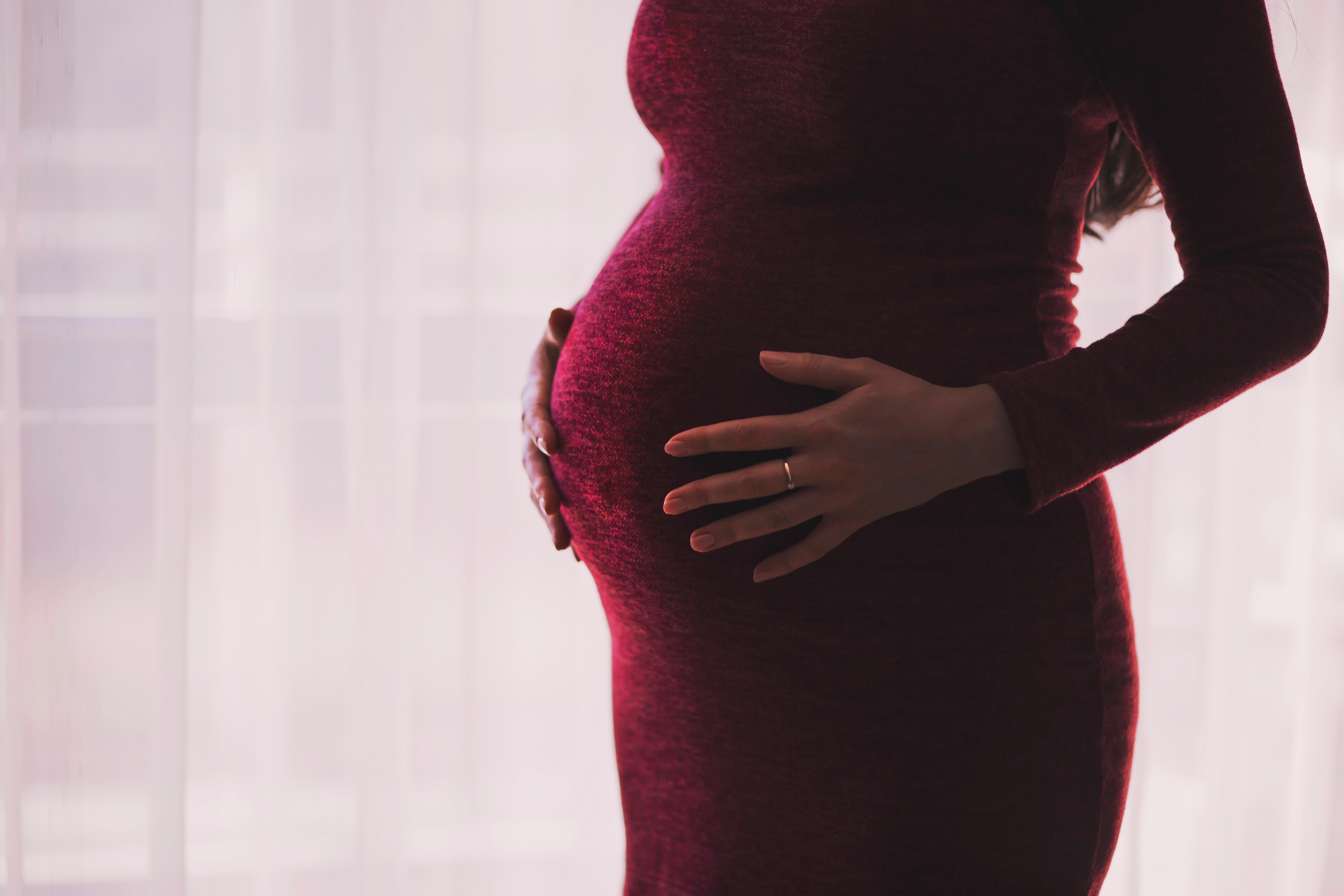 |
|
Prenatal carotenoid supplements led to a 20% increase in macular pigment optical density among expectant mothers, while their infants were shown to have improved foveal architecture. Photo: Getty Images. |
Lutein and zeaxanthin are xanthophyll carotenoids that have been promoted to enhance maternal health and infant visual and neurodevelopment, but there is little data on the ocular effects. A team of researchers from Salt Lake City report on such effects in a new study published in Ophthalmology Science.
A total of 47 low-risk pregnant women ages 18 years and older were randomly assigned 1:1 to receive prenatal vitamins along with 10mg lutein and 2mg zeaxanthin softgel (carotenoid group) or prenatal vitamins with a placebo softgel (control group) starting in the first trimester. Maternal macular, skin and serum carotenoid concentrations were measured using autofluorescence imaging, spectroscopy and chromatography, respectively. Infants’ ocular carotenoids and retinal architecture were measured by blue light reflectance imaging and SD-OCT, respectively.
Prenatal carotenoid supplementation significantly increased maternal and infant systemic carotenoids and caused a pattern of increased infant ocular carotenoid status, which may benefit both mothers and their infants’ ocular development and function.
“This compares favorably to past studies that showed increased macular pigment among supplemented participants enrolled in AMD trials,” the authors noted in their report. “Although no significant depletion of ocular carotenoids occurred in either study group, this observation could be attributable to the fact that mothers we enrolled were generally healthy and nutritionally informed, as shown by healthy baseline BMIs, minimal consumption of alcohol, no cigarette smoking and high baseline consumption of carotenoid-rich foods. Hence, our hypothesized systemic maternal carotenoid depletion in the third trimester did not occur to a degree that could deplete their ocular store of carotenoids. We, however, expect to find macular pigment depletion if we replicate this trial in a nutritionally compromised population.
“The considerable increase in maternal macular pigment in the carotenoid group compared to the control group may be beneficial to maternal visual performance and general health in the long-term, especially with carotenoids known to be protective against eye and other systemic diseases via their antioxidant and anti-inflammatory activities,” the authors added.
There was an improvement in BCVA in mothers in the carotenoid group, suggesting that prenatal carotenoid supplementation may have a positive effect on best-corrected visual acuity and contrast sensitivity in mothers due to carotenoids’ role in protecting photoreceptors from blue and UV light damage.
Additionally, the authors observed a 20% increase in macular pigment optical density in the carotenoid group, indicating that prenatal carotenoid supplementation is bioavailable to potentially provide an early start for its lifelong physiological and protective roles for the developing retina and infant vision.
In conclusion, prenatal carotenoid supplementation improved maternal systemic and ocular status throughout pregnancy and significantly influenced the newborn infant’s carotenoid status as well. Improved maternal and infant ocular and systemic carotenoid status could have lifelong positive impacts for eye health and visual performance.
“Furthermore, improved infants’ foveal maturity and macular pigment optical density resulting from prenatal carotenoid supplementation could provide novel insights into mitigating the burden of retinopathy of prematurity and inform the design of future studies,” the authors added, including ones involving higher-risk pregnancies. “L and Z supplementation at AREDS2 doses during pregnancy was safe and well-tolerated and deserves further study in large-scale clinical trials to encourage its addition to standard-of-care prenatal vitamins.”
Addo EK, Gorka JE, Allman SJ, et al. Ocular effects of prenatal carotenoid supplementation in the mother and her child: the lutein and zeaxanthin in pregnancy (L-ZIP) randomized trial – report number 2. Ophthalmol Sci. April 16, 2024. [Epub ahead of print.] |


